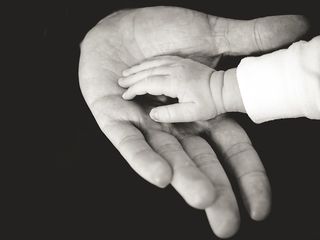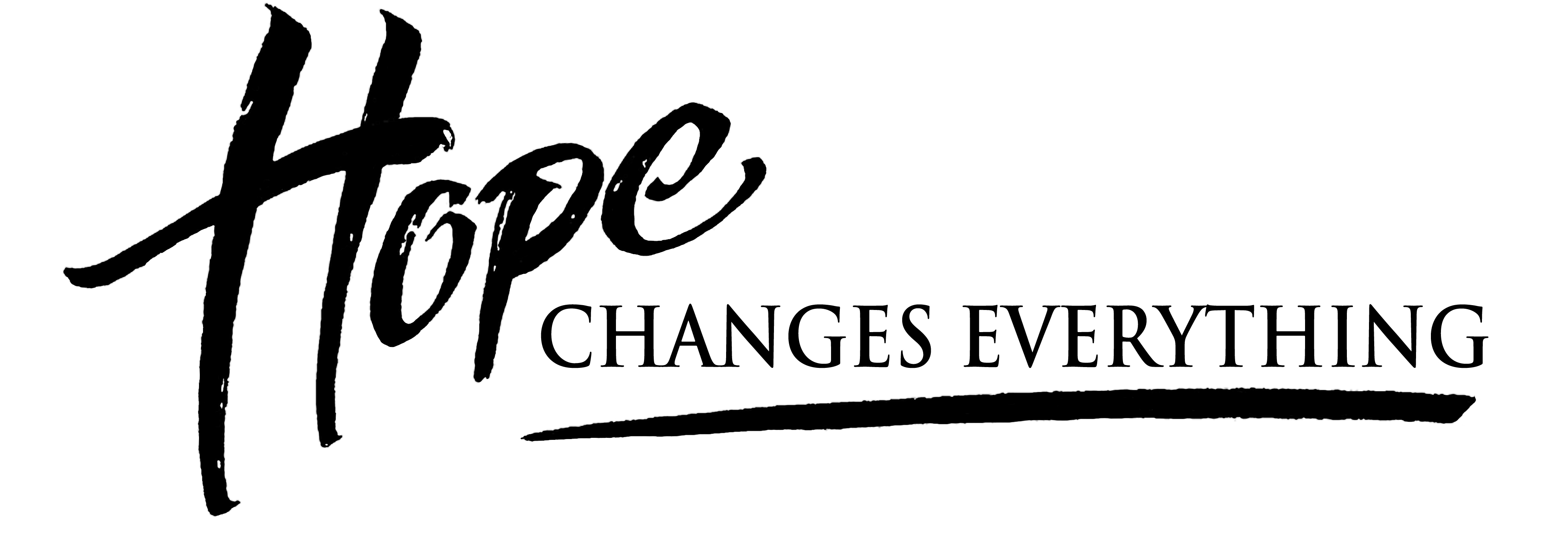The complementarity between these two areas of life will surprise you.

It is in the shelter of each other that the people live. —Irish Proverb
At first glance, the respective provinces of recovery from addiction and parenting seem to have little in common and even less to connect them. But in fact, there are many parallels between these two seemingly disparate areas, and understanding them can enrich the quality of both one’s parenting and recovery.
Recovery is a process of ongoing learning, growth, and healing. Similarly, parenting is also a process of learning and growth, and when it’s conducted mindfully, with conscious awareness, it can also be profoundly healing.
Ambivalence is intrinsic to every major life decision—those tectonic plate-shifting choices that forever alter the course of our lives. Being in conscious contact with that ambivalence and allowing oneself to feel it without becoming overwhelmed and immobilized by it is healthy and skillful. As positive as they may be, getting married, buying one’s first house, relocating across considerable distances, having kids, and entering recovery all involve palpable trade-offs; costs, and benefits as well as advantages and disadvantages that naturally and normally engender ambivalence. Anyone in the throes of such immense transitions who cannot acknowledge the existence of mixed emotions is either in denial or full of sh*t.
Taking on new and different life experiences is a tremendous challenge laden with uncertainty, stress, anxiety, confusion, and fear, even under the most promising circumstances. It takes strength and courage to venture beyond one’s existing frame of reference. Most people choose to stay inside their particular boxes of familiarity and emotional safety out of fear related to the uncertainty of the unknown. Yet, going beyond that which you already know is often the greatest generator of learning and growth.
Both recovery and parenting involve significant losses, as well as forever life-altering gains. Both are transformative and can transport people light years beyond their previous knowledge, understanding, and life experience, forcing them to go beyond the bounds of familiarity-constrained comfort zones in profound, growth-enhancing ways.
Working a program of recovery is among the greatest gifts a parent can give his or her children. When applied with mindful attention and intention, recovery-supporting principles and practices become resources that not only improve the well-being and functioning of the person in recovery, but they also facilitate healthy, quality parenting. Recovery infused with mindfulness gives the gift of presence (in contrast to presents), a gift that improves the well-being of children and their parents.
Attuned and skillful parenting is the actualizing of many of the most essential spiritual principles of twelve-step recovery: acceptance, loving-kindness, patience, open-mindedness, tolerance, compassion (including self-compassion), humility, forgiveness (self-forgiveness, too), empathy, gratitude, service, and faith.
Like the path of recovery, the process of making progress in parenting is anything but linear. Under the best of circumstances, it often feels like taking two steps forward and one step back. The popular understanding of karma is “what goes around comes around.” However attractive the concept of such poetic justice may be, it is a misconception. From a Buddhist perspective, karma destines us to have the same types of experiences (albeit perhaps in somewhat different forms) until we learn the lessons they have to teach us.The process of making progress in both recovery and parenting is reminiscent of a spiral wherein people continually come back to experiences they thought they understood and discover deeper lessons.
It’s not unlike the process of dyeing cloth. Let’s say that you want to change the color of a piece of white cloth to dark forest green. If you are new to this process, you might well expect that as soon as the cloth hits the dye it will turn the desired color. Such expectations are a set-up for confusion and disappointment: The first time the cloth is put into the dye it may barely change color, but each time the cloth comes in contact with the dye, the color becomes slightly deeper and richer. The desired results are attained only by putting the cloth into the dye over and over and over again.
In parenting, as in recovery from addiction, there are no magic bullets, no quick fixes, and no universally effective formulaic recipes for success in negotiating the wide range of inevitable challenges. However, there are many beneficial practices and approaches that can make a meaningful difference by helping you improve your awareness and skills in both parenting and recovery, and they involve mindfulness. Some are interactional and relate to what happens between parents and children, while others are internal and specific to parents’ own mental, emotional, physical, and spiritual equilibrium—your thought process and your relationship to your thoughts, emotions, physical status, and spiritual centeredness.
Recovery infused with mindfulness is a process of learning and building the skills of identifying and feeling our emotions, rather than avoiding, numbing, or escaping them. For better or worse, the only way we can experience the best, the deepest, and the most exquisitely intimate connections in life is to soften our hearts in ways that make us vulnerable to the greatest hurt. We don’t get one without the possibility of the other. Nowhere is this reality more apparent than in the arena of romantic partnerships and parenting.
There is no such thing as perfect recovery. And there’s no such thing as perfect parenting—not even close. The only way to go through either process is thoroughly imperfectly. Your children will experience their share of emotional pain, and often there is little you can do to prevent it or take it away. Inevitably, you will be the source of some of your children’s emotional pain. That’s simply the way it works. Realistically, the best you can do is learn how to more consistently bring to bear a balanced approach—leaning into the challenges of parenthood with conscious awareness, presence, and skill while practicing self-compassion, self-acceptance, and self-forgiveness when your imperfections inevitably rear their heads and you fall short of your ideals.
“Seat” is a term used in the equestrian world to describe one’s balance and ability to sit and successfully remain seated in the saddle under variable and often unpredictable circumstances. Recovery combined with mindfulness creates a powerful vehicle for keeping your seat (maintaining your balance), no matter what parenthood may throw at you.



